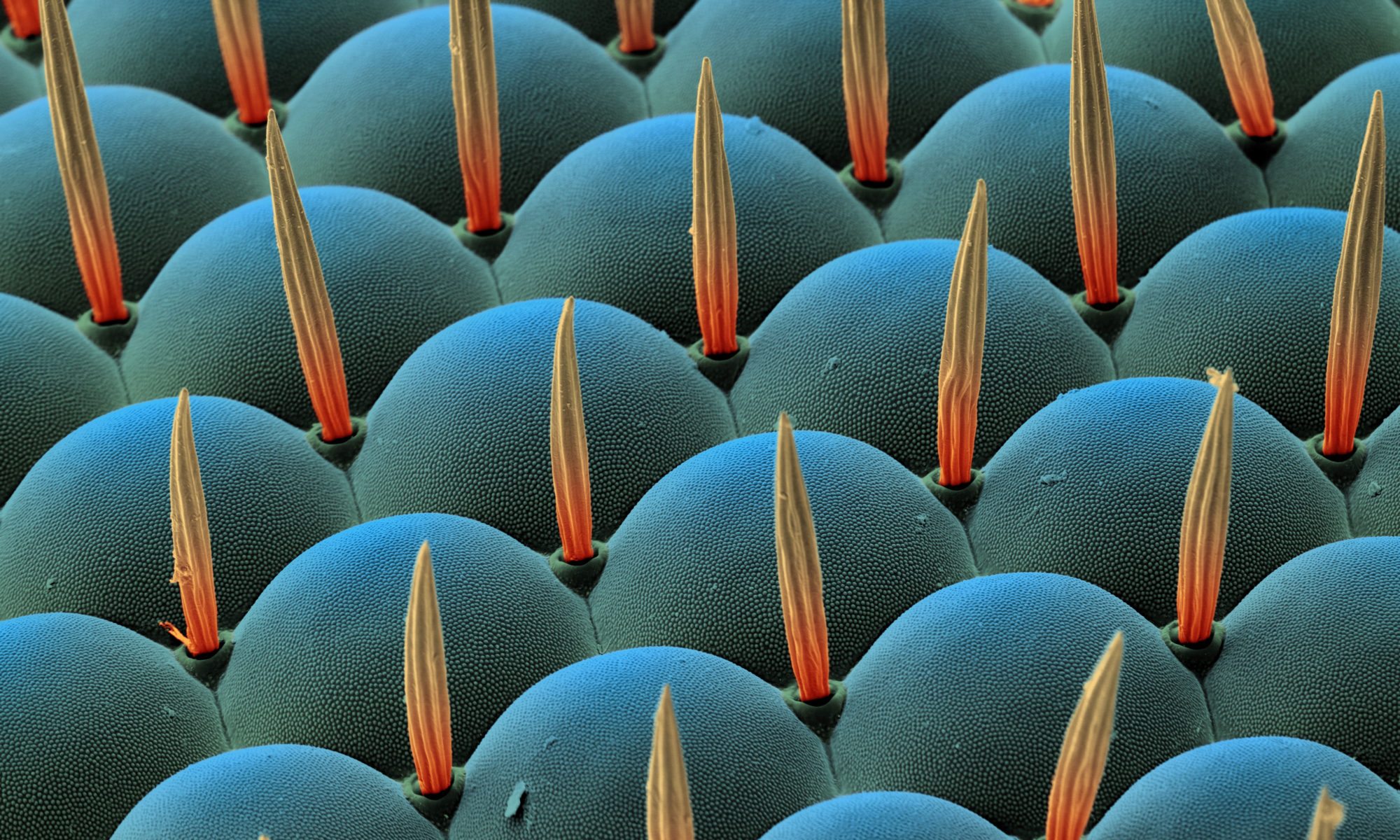Liquid-Liquid phase separation (LLPS) is a recently emerging and fascinating concept of cellular organization. LLPS describes the physical principle of spontaneous de-mixing of a multi-component system (solution) into multiple spatially separated liquid phases of high respectively low density. Cellular structures formed by LLPS are commonly referred as membrane-less organelles (MLOs) and are thought to play a key role in the spatial-temporal orchestration of complex biochemical reactions in cells. Our Lab tries to understand how a particular group of proteins, the Dead-Box ATPases (DDXs), regulates LLPS and the formation of MLOs from a bio-physical/chemical and cellular point of view.
Ausschreibung Masterarbeit: «3D printed axonal guidance for human stem cell-derived neuronal culture»
We are looking for a student interested in microfabrication and 3D-printing for
neuroscience applications to join our team on a collaborative project aimed at developing
novel microfluidic axonal guidance devices for the modeling of Parkinson’s disease. This
highly interdisciplinary project is led by Kirkeby group (reNEW, University of Copenhagen)
in collaboration with groups of Jenny Emnéus (DTU Bioengineering) and Stephan Keller
(DTU Nanolab). The work will be focused on further advancement and optimization of 3D-
printed soft lithography method our team developed for the fabrication of
compartmentalized axonal guidance devices. This includes creating novel device designs,
optimization of silicone ink rheology, and scaling up device fabrication towards high-
throughput formats. The student will work closely with other members of our team on
optimizing culturing conditions of human stem cell-derived dopaminergic neurons,
astrocytes, and microglia in 3D-printed devices.
Master thesis / internship (2021-2022): quantitative biology of non-growing bacteria.
Although bacteria in the wild likely spend the majority of their time in non-growing states, relatively little is known about cell physiology and gene expression in such states, especially at the single-cell level. For instance, it is not known whether constant population size during stationary phase corresponds to the fact that all cells stopped growing and dividing, or to a balance between slow growth and mortality. It has also been reported that constitutive genes remain expressed at low level in such conditions, but it is not clear yet how this production is balanced so that protein concentration appears to be stable.
Master thesis / internship (2021-2022): quantitative biology of bacterial metabolism.
When studying the behavior of bacteria in the laboratory, cells are almost always grown at high or saturating concentrations of their nutrients, not only because this allows fast growth, but also because it allows sufficiently large cell numbers to measure using bulk assays. However, it is believed that, out in the real world, bacteria often have to deal with trace amounts of nutrients at very low concentrations. Thus, the ability of different microbes to colonize ecological niches and compete with others will crucially depend on how much and fast they can grow on low concentrations of nutrients.
Neue Masterarbeit Ausschreibungen
Liebe Studierende
Nachfolgend finden Sie einige neue Masterarbeit Ausschreibungen:
Nanosurf
Student Internship (or Master Thesis) in Rheology experiments for Life Science Applications (6–12 months, as of April 2021 or later):
Student Internship (or Master Thesis) in Cytomass Development for Life Science Applications (6-12 months, as of April 2021 or later):
Master’s Project 2021
The main focus of my laboratory is to study the pathological mechanisms leading to congenital muscle disorders, with particular emphasis on changes occurring in the skeletal muscle of patients. […]
Nanotextile Master thesis
Mechanical properties of «pseudo-woven» electrospun nanofiber mats:
Utilizing cell based therapheutics for gene delivery.
Are you a motivated student who would like to work in an interdisciplinary team of pharmacists, biologists and nanoscientists? Then we are a perfect match for you. We are looking for one (optionally two) master students who will do their work at the department of Pharmaceutical Sciences, Group Prof. Dr. Jörg Huwyler in the field of nano-drug delivery. […]
Student project: Organ-on-chip membrane (OOCM)
In the OOCM project you will fabricate different high-precision tools by photolithography and other microfabrication processes. Using these tools, you will study precision membrane fabrication from different materials. […]
Master Thesis – Thema: Point-of-Care-Diagnostik für Präeklampsie – FHNW
Die Bedeutung von Schnell- oder Point-of-Care Tests hat im Rahmen der Corona-Pandemie weltweit schlagartig zugenommen. Mit diesem Stelleninserat machen wir auf ein Anwendungsgebiet aufmerksam, in dem Schnelltests für die Anwenderinnen ebenfalls von grossem Nutzen sein werden.
Master thesis/Internship
Sustainable waste management and resources recovery from hydrothermal gasification of sewage sludge
Duration: ~6 months
Starting time: Feb 2021 or spring 2021 at the latest
MASTER thesis in Nanosciences – Nano-Engineered Neural Interfaces (NENI)
The human brain contains 86 billion cells, which communicate via signaling molecules and electrical pulses with amplitudes comparable to the ones in currently used computers. […]
